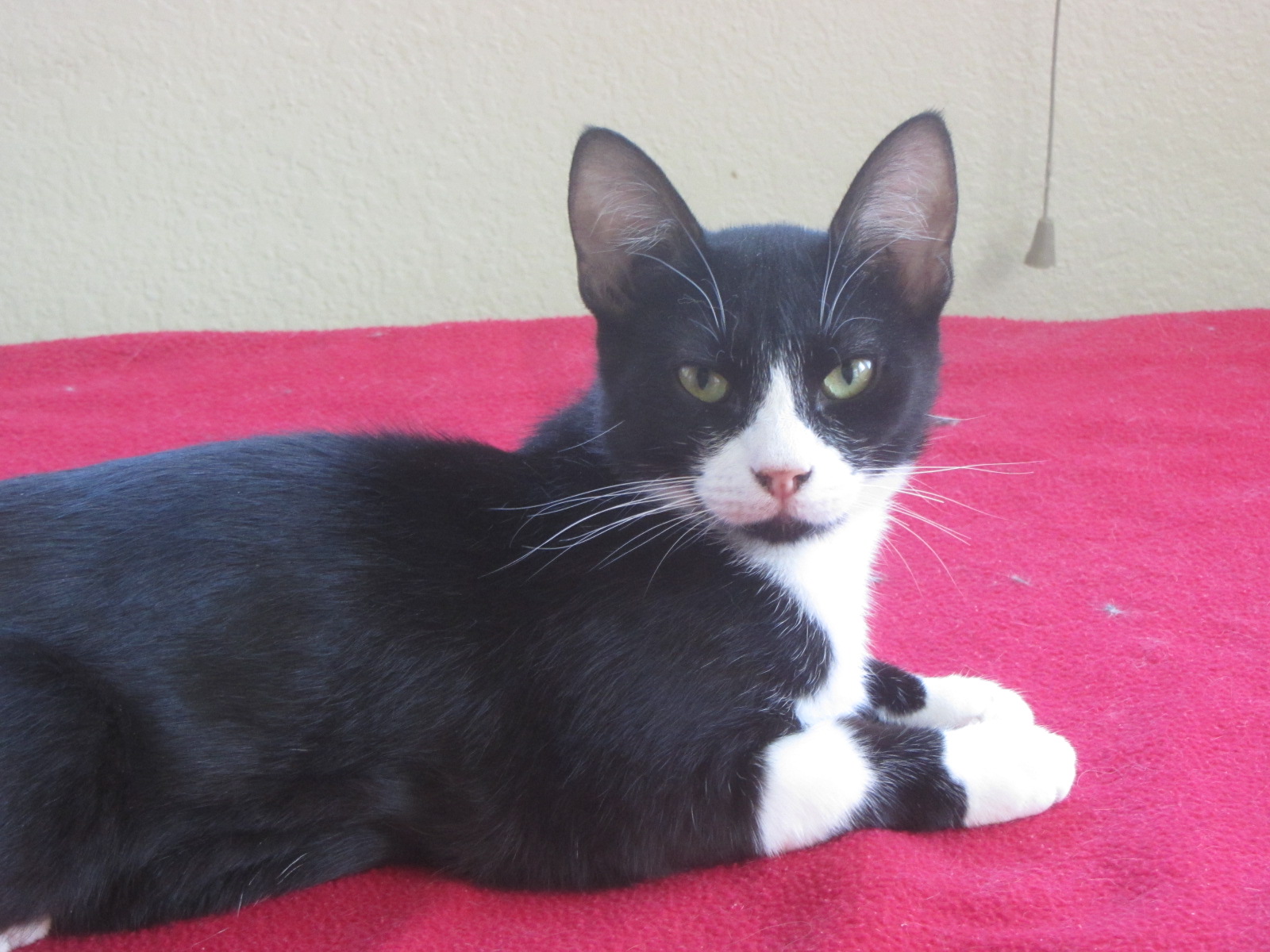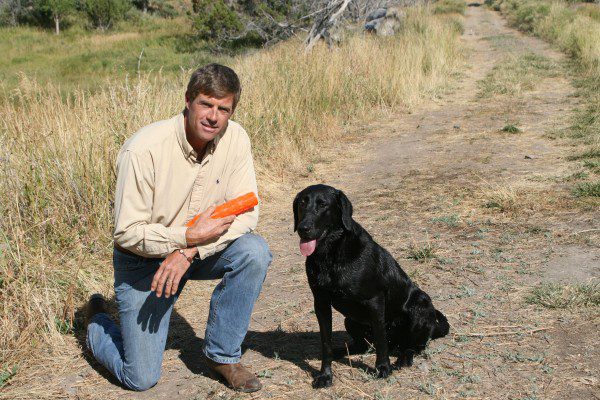
14 Sep Second Chance: The Humane Revolution
Greetings from America! Ok well greetings from me, America the Cat… But if I were America the Country, the most important message I would want to deliver through today’s Second Chance Pet Column is “start treating animals more humanely!” The good news is that (and we do like to keep this Pet Column positive) recent victories detailed below represent a potential growing tide of increased corporate interest in humane treatment of animals.

America
Purrrrr…
Now check out the details.
After many allegations of mistreatment, Ringling Brothers recently retired its circus elephants, sending them off to a life of leisure in Florida. Not to be outdone, Sea World said it would stop breeding orcas and invest millions of dollars in rescuing and rehabilitating marine animals.
Walmart then jumped on the humane wagon by stating it would shift toward cage-free eggs, following similar announcements by Costco, Denny’s, Wendy’s, Safeway, Starbucks, and McDonald’s in the U.S. and Canada.
Wayne Pacelle, president of the Humane Society of the United States, is calling this a humane revolution and his new book, “The Humane Economy,” is helping to forward the movement of alternately bullying companies to do better and cooperating with those that do. These corporate changes have vast impact: Walmart or McDonald’s shapes the living conditions of more animals in a day than an animal shelter does in a decade.
Critics sometimes see this behavior as moral compromise, negotiating with evil rather than defeating it. I see it as a pragmatic starting point. Rather than join the cynic wagon, Pacelle outlines a hopeful vision. The public has always had some impact with charitable donations and there have always been occasional boycotts, but sometimes its greatest influence comes from leveraging daily consumer purchasing power.
“As the humane economy asserts its own power, its own logic and its essential decency, an older order is passing away,” Pacelle writes in his book. “By every measure, life will be better when human satisfaction and need are no longer built upon the foundation of animal cruelty. Indefensible practices will no longer need defending.”
For example, as the global population of elephants rapidly declines we need to embrace a business model for keeping them alive. Analysis suggests that a dead elephant’s tusks are worth $21,000, while the tourism value of a single living elephant over its lifetime is $1.6 million. Countries follow their enlightened self-interest when they protect elephants, just as McDonald’s pursues its self-interest when it shifts toward cage-free eggs.
It’s also heartening to recognize how sensitive companies are becoming to public opinion about animals. After Cecil the lion was shot dead in Zimbabwe, animal protection groups lobbied airlines to ban the shipment of such trophies. Delta, American, United, Air Canada, and other companies promptly obliged. It just takes people like you to make a difference by demanding that the dollars you work hard to earn are spent with companies who understand what “humane” truly means.
As for me, I arrived here at the Second Chance shelter with a litter of kittens who I raised with great tenderness. Now they are grown and moving on to new homes and I am claiming my life back – starting with finding a home of my own. I love to roll in catnip, play with other rambunctious cats, and I won’t say no to a bit of tuna either.
Think globally and adopt locally…
Visit me today.
Editor’s note: It’s no secret. The Telluride region is dog heaven. Well, pet heaven. Unless you are one of our furry friends who gets caught in the maw of neglect and abuse. Then heaven is on hold until Second Chance Humane Society comes to the rescue. Second Chance is the region’s nonprofit dedicated to saving animals’ lives and promoting responsible pet parenting and human-animal bond. In her weekly blog, executive director Kelly Goodin profiles at least one, generally two of the many animals now living at the no-kill shelter, Angel Ridge Shelter, a dog and a cat, hoping to find them loving permanent homes. The column is sponsored by Ted Hoff of Cottonwood Ranch & Kennel, who from time to time exercises his skills as a dog whisperer, partnering with Kelly and her staff to help train a particularly challenging animal.
By the by, there is no better place to park your pup or get your pup (or adult dog) trained than Cottonwood whenever you head out of town (for locals) or are heading to town and staying somewhere that does not allow pets. Consider joining Ted’s Very Important Dog (VID) Club for added benies. (Details on Ted’s website.)
Second Chance Humane Society Animal Resource Center and Thrift Shop are both located in Ridgway, but service San Miguel, Ouray & Montrose Counties. Call the SCHS Helpline at 626-2273 to report a lost pet, learn about adopting a homeless pet, or about the SCHS Spay/Neuter, Volunteer, Feral Cat, or other Programs. View the shelter pets and services online: www.adoptmountainpets.org
Vetting the Vet: Dr. Michelle Dally. DVM, J.D. is Medical Director of Second Chance Humane Society. She also has a private practice, Dally Veterinary Medicine, 333 S. Elizabeth Street, Ridgway, Colorado. Her service area is San Miguel Mesas, Placerville, Ridgway, Ouray, and Montrose. For more on Dr. Dally, go here.




Sorry, the comment form is closed at this time.